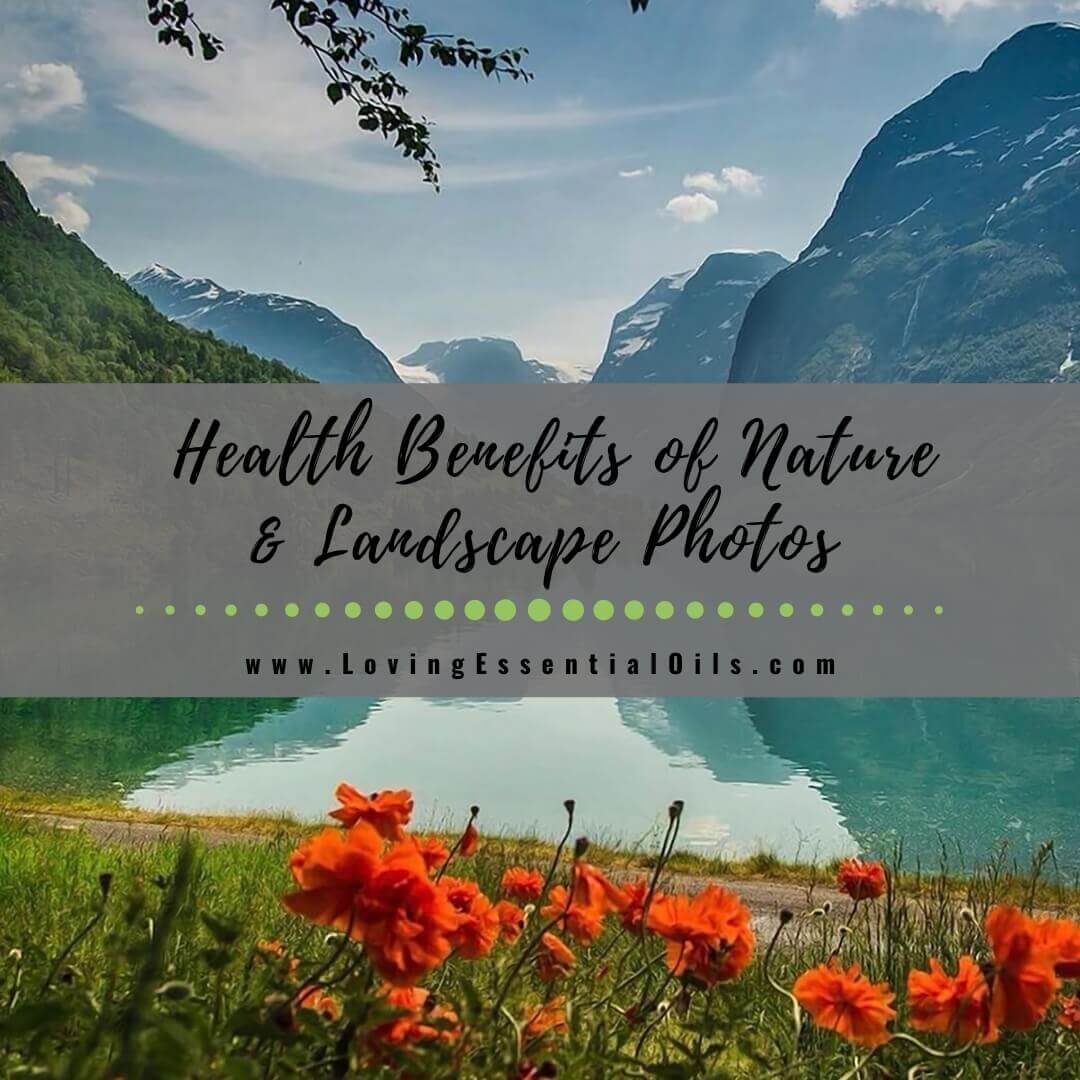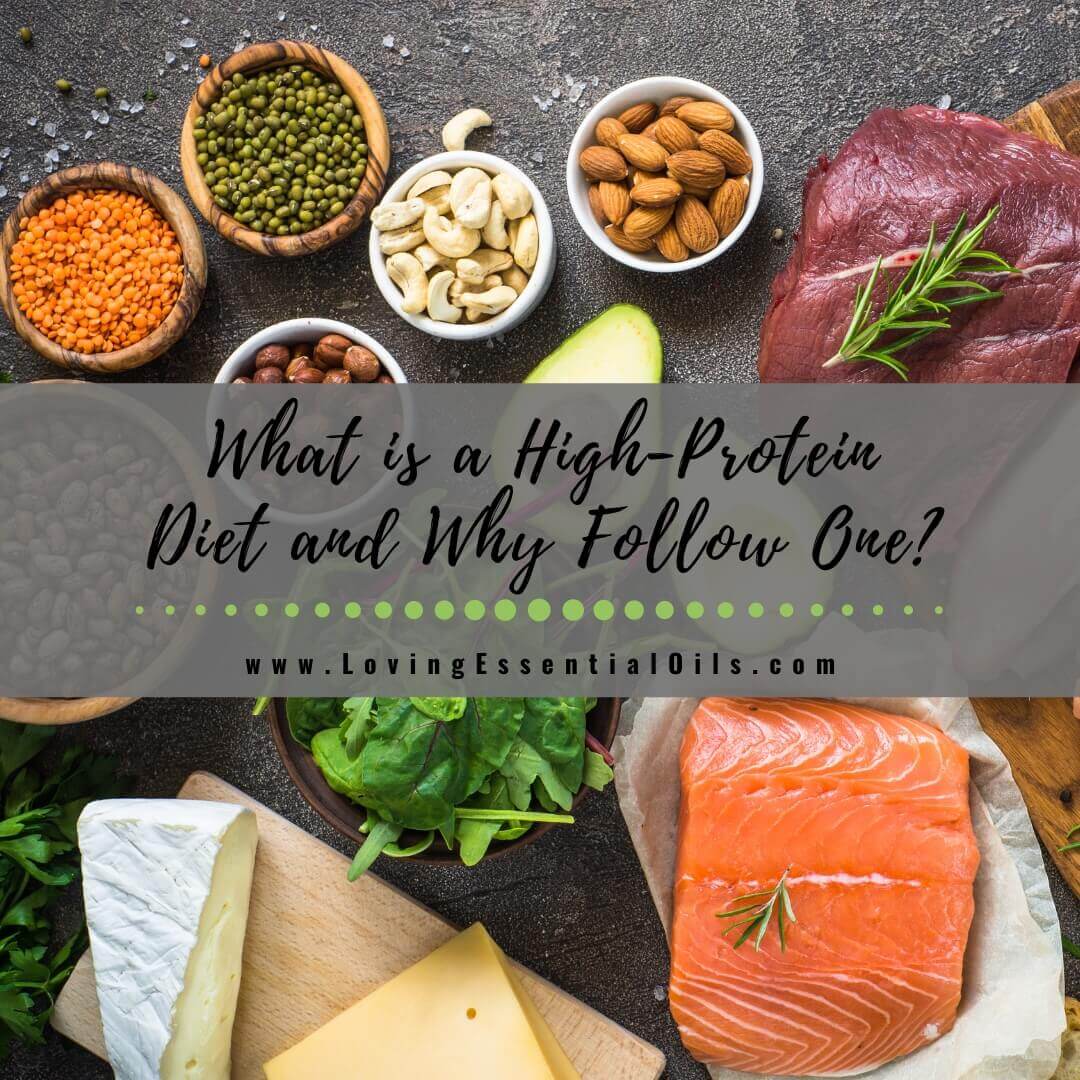Landscape Photographer Thomas Baskind is known for early morning shoots in nature that capture the world he want to create and that brings Tom his own serenity. This type of photography has numerous benefits for mental health and well-being, including reducing stress, increasing creativity, and promoting mindfulness. In this article, we will explore these benefits in greater detail.
Nature Photography: The Health Benefits of Nature & Landscape Photos
Stress Reduction
One of the key benefits of nature photography is its ability to reduce stress levels. Being in nature has been proven to have a calming effect on the body and mind, helping to lower blood pressure and reduce stress hormones such as cortisol.
Photography provides a way for individuals to spend time in nature and capture its beauty, providing a calming and relaxing experience.
Furthermore, looking at images of nature can also have a similar effect, providing an escape from the daily stressors of life and helping to reduce feelings of anxiety and depression.
Creativity
Nature photography also encourages creativity, allowing individuals to see the world in a new and unique way. This type of photography requires patience, attention to detail, and a keen eye for composition, which can help to boost creativity and inspire new ideas.
By engaging in these creative processes, individuals can feel more fulfilled and inspired, which can lead to a boost in self-confidence and overall well-being.
Mindfulness
Another important benefit of nature photography is its ability to promote mindfulness. Mindfulness is the practice of being present in the moment and focusing on the present moment, and it has been shown to have numerous benefits for mental health and well-being.
Nature photography requires individuals to be present in the moment and focused on the subject at hand, which can help to reduce symptoms of anxiety and depression, and improve overall mental health.
By focusing on the beauty of nature, individuals are able to escape from their thoughts and worries, allowing them to be more in tune with their surroundings and the present moment.
Increased Sense of Connection
Nature photography can also increase feelings of connection to the natural world, which is important for both mental and physical well-being. Being in nature has been shown to have a positive impact on mental health, and photography provides a way to bring the natural world into our lives and connect with it on a deeper level.
This sense of connection can also help to reduce feelings of loneliness and isolation, and promote a more positive outlook on life.
Improved Mental Health
Finally, nature photography has been shown to have a positive impact on overall mental health. Whether through capturing images or simply looking at them, nature photography can provide individuals with a sense of calm, inspiration, and connection to the world around them. This, in turn, can lead to improved mental health, increased happiness, and a more positive outlook on life.
Thomas Baskind on Nature Photography
Thomas Baskind has been a landscape and nature photographer for over 20 years and finds it peaceful to be on a shoot. “It’s and experience like no other, you’re alone and the other side of the lens there’s wildlife that is breathtaking”, Tom stated.
Nature photography has numerous benefits for mental health and well-being. Whether through reducing stress, increasing creativity, promoting mindfulness, or improving overall mental health, this form of art can provide individuals with a calming and uplifting experience.
Whether you are a professional photographer or simply enjoy capturing images of nature as a hobby, this type of photography can have a profound impact on your mental health and well-being.
Here are Thomas Baskind’s top tips for shooting on your own in nature:
- Get to know the location: Before taking landscape photos, it is important to familiarize yourself with the location and understand its unique features and characteristics. This will help you to identify the best composition, lighting, and angles for your shots.
- Timing is everything: The timing of your shoot can greatly impact the final result. For example, shooting at sunrise or sunset can produce stunning golden hour light, while shooting during the middle of the day can result in harsh and unflattering light.
- Composition is key: The composition of a landscape photo can make or break the shot. It is important to consider elements such as the rule of thirds, leading lines, and symmetry when composing your shots. Experimenting with different compositions can help you find the most effective and aesthetically pleasing arrangement for your subject.
- Use the right equipment: The right equipment can greatly enhance the quality and impact of your landscape photos. A sturdy tripod, a wide-angle lens, and a camera with manual control options are essential for capturing stunning landscape photos.
- Experiment with different techniques: Landscape photography provides a great opportunity to experiment with different techniques and styles. From long exposures to panoramic shots, there are many techniques that can add a creative touch to your landscape photos.
In today's fast-paced world, it is more important than ever to take time to connect with nature and practice mindfulness. Nature photography provides a way to do both, allowing individuals to escape from their daily lives, reduce stress, and improve their mental health. So next time you are feeling overwhelmed, consider taking a walk in nature with your camera and capturing the beauty of the world around you.





